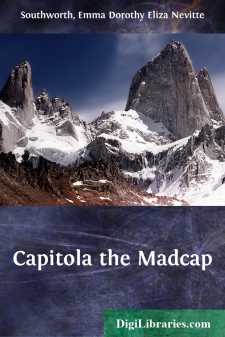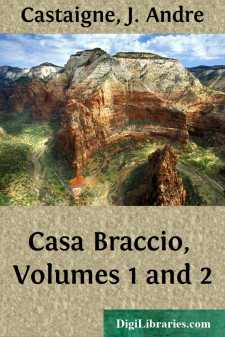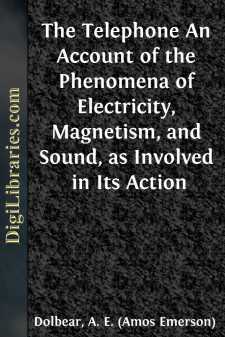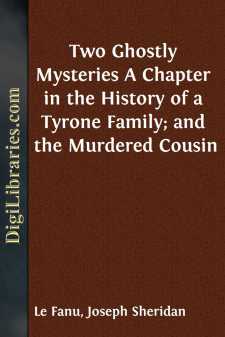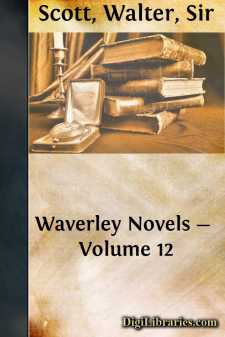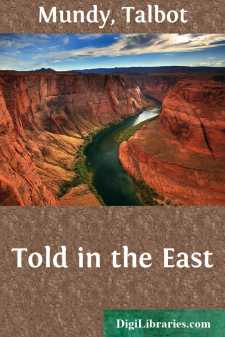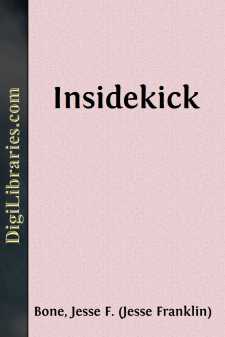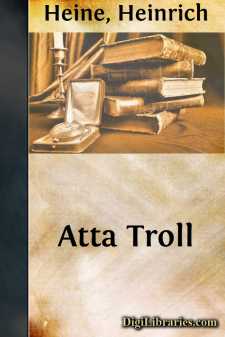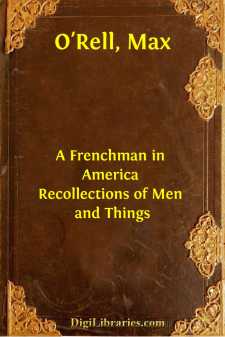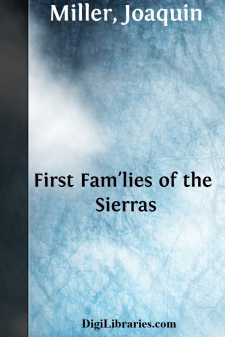Fiction
- Action & Adventure 180
- Biographical 15
- Christian 59
- Classics
- Coming of Age 5
- Contemporary Women 3
- Erotica 8
- Espionage/Intrigue 12
- Fairy Tales, Folklore & Mythology 236
- Family Life 169
- Fantasy 117
- Gay 1
- General 596
- Ghost 32
- Historical 808
- Horror 43
- Humorous 160
- Jewish 25
- Legal 4
- Medical 22
- Mystery & Detective 315
- Political 49
- Psychological 41
- Religious 64
- Romance 159
- Sagas 11
- Science Fiction 730
- Sea Stories 113
- Short Stories (single author) 537
- Sports 10
- Suspense 1
- Technological 8
- Thrillers 2
- Urban Life 31
- Visionary & Metaphysical 1
- War & Military 173
- Westerns 199
Classics Books
Sort by:
CHAPTER I. "We met ere yet the world had comeTo wither up the springs of youth,Amid the holy joys of home,And in the first warm blush of youth.We parted as they never part,Whose tears are doomed to be forgot;Oh, by what agony of heart.Forget me not!—forget me not!" —Anonymous. At nine o'clock the next morning Traverse went to the library to keep his tryst with Colonel Le Noir. Seated...
more...
CHAPTER I. Subiaco lies beyond Tivoli, southeast from Rome, at the upper end of a wild gorge in the Samnite mountains. It is an archbishopric, and gives a title to a cardinal, which alone would make it a town of importance. It shares with Monte Cassino the honour of having been chosen by Saint Benedict and Saint Scholastica, his sister, as the site of a monastery and a convent; and in a cell in the...
more...
ELECTRICITY. Some of the phenomena of electricity are manifested upon so large a scale as to be thrust upon the attention of everybody. Thus lightning, which accompanies so many showers in warm weather in almost every latitude, has always excited in some individuals a superstitious awe, as being an exhibition of supernatural agency; and probably every one feels more or less dread of it during a...
more...
A CHAPTER IN THE HISTORY OF A TYRONE FAMILY Being a Tenth Extract from the Legacy of the Late Francis Purcell,P.P. of Drumcoolagh INTRODUCTION. In the following narrative, I have endeavoured to give as nearly as possible the "ipsissima verba" of the valued friend from whom I received it, conscious that any aberration from her mode of telling the tale of her own life, would at once impair its...
more...
by:
Walter Scott
Sir Walter Scott transmitted from Naples, in February, 1832, an Introduction for CASTLE DANGEROUS; but if he ever wrote one for a second Edition of ROBERT OF PARIS, it has not been discovered among his papers. Some notes, chiefly extracts from the books which he had been observed to consult while dictating this novel, are now appended to its pages; and in addition to what the author had given in the...
more...
by:
Talbot Mundy
I. A Blood-red sun rested its huge disk upon a low mud wall that crested a rise to westward, and flattened at the bottom from its own weight apparently. A dozen dried-out false-acacia-trees shivered as the faintest puff in all the world of stifling wind moved through them; and a hundred thousand tiny squirrels kept up their aimless scampering in search of food that was not there. A coppersmith was...
more...
Shifaz glanced furtively around the room. Satisfied that it was empty except for Fred Kemmer and himself, he sidled up to the Earthman's desk and hissed conspiratorially in his ear, "Sir, this Johnson is a spy! Is it permitted to slay him?" "It is permitted," Kemmer said in a tone suitable to the gravity of the occasion. He watched humorlessly as the Antarian slithered out of the...
more...
by:
Heinrich Heine
HE who has visited the idyllic isle of Corfu must have seen, gleaming white amidst its surroundings of dark green under a sky of the deepest blue, the Greek villa which was erected there by Elizabeth, Empress of Austria. It is called the Achilleion. In its garden there is a small classic temple in which the Empress caused to be placed a marble statue of her most beloved of poets, Heinrich Heine. The...
more...
by:
Max O'Rell
CHAPTER I. Departure—The Atlantic—Demoralization of the “Boarders”—Betting—The Auctioneer—An Inquisitive Yankee. On board the “Celtic,” Christmas Week, 1889. In the order of things the Teutonic was to have sailed to-day, but the date is the 25th of December, and few people elect to eat their Christmas dinner on the ocean if they can avoid it; so there are only twenty-five saloon...
more...
by:
Joaquin Miller
IN THE FORKS. Now there was young Deboon from Boston, who was a very learned man. He was in fact one of those fearfully learned men. He was a man who could talk in all tongues—and think in none. Perhaps he had sometime been a waiter. I am bound to say that the most dreadfully learned young men I have ever met are the waiters in the Continental hotels. Besides that he was very handsome. He was,...
more...


